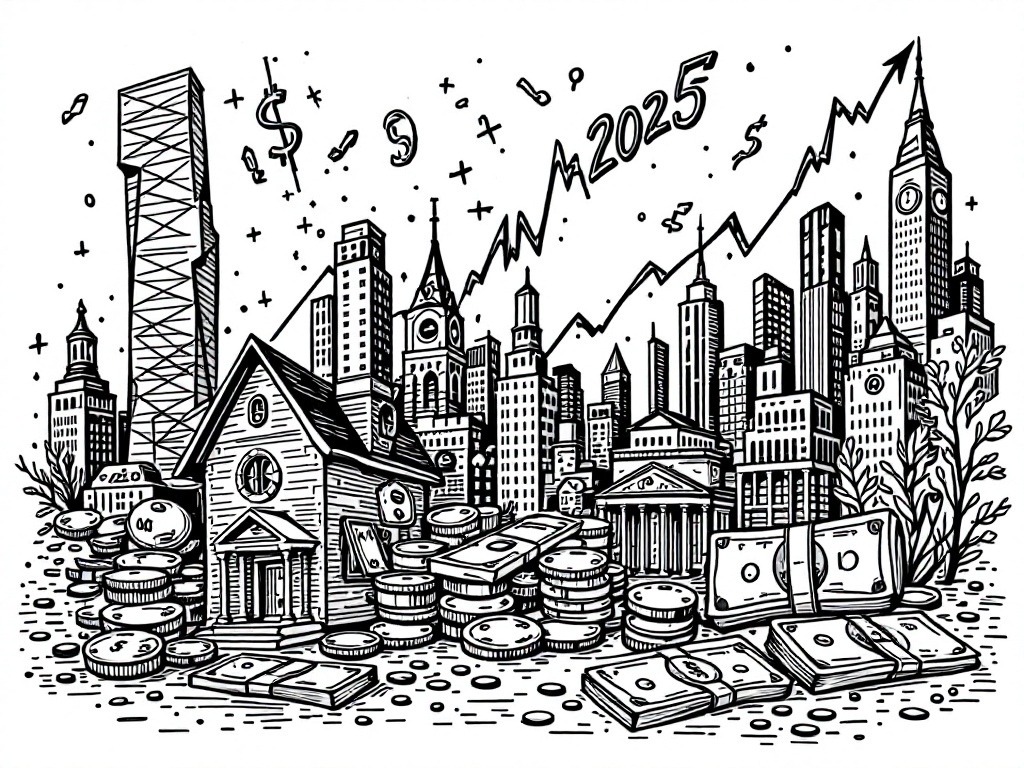IRS Intensifies Oversight of Gig Economy Earnings in 2025

Washington, D.C., Monday, 15 September 2025.
The IRS is enhancing scrutiny on gig economy earnings from platforms like Airbnb and Turo in 2025, prompting potential audits and stricter reporting demands for millions of taxpayers.
Increased Reporting and Compliance Requirements
The IRS has increased scrutiny on gig economy earnings, particularly from platforms like Airbnb and Turo, by expanding the requirements for third-party platforms to issue Form 1099-K when earnings exceed $600, a significant reduction from the previous threshold of $20,000 with 200 transactions [1][2]. This change, effective in 2025, aims to enhance compliance among taxpayers participating in the gig economy, ensuring that side income is reported accurately and treated as taxable income [1][2].
Impact on Gig Workers
This shift in IRS policy is expected to affect millions of gig workers who must now treat their side income as a legitimate business, complete with detailed recordkeeping and tax reporting [1][2]. Experts warn that increased scrutiny could lead to more audits and potential penalties for those who fail to comply with the new requirements [1]. As a result, gig workers are advised to maintain comprehensive records of all transactions, expenses, and platform fees to ensure compliance and avoid disallowed deductions [1].
Navigating the Complex Tax Landscape
The gig economy presents a complex tax landscape, particularly with the introduction of new IRS reporting rules, evolving federal worker classification policies, and varying state laws [2]. Gig workers are classified as self-employed, meaning they must pay the full 15.3% self-employment tax on net earnings and make quarterly estimated tax payments to avoid underpayment penalties [2]. The IRS Fresh Start Program offers relief options for those struggling with tax debt, providing avenues for negotiation and settlement [1].
Broader Economic Implications
The IRS’s intensified focus on gig economy earnings is part of a broader effort to close the ‘tax gap,’ which refers to the difference between taxes owed and taxes paid [2]. Increased funding from the Inflation Reduction Act enables the IRS to enhance its enforcement capabilities, impacting the gig economy significantly by ensuring that income from these platforms is reported and taxed appropriately [2]. This move is expected to generate additional revenue for the federal government, potentially influencing fiscal policy and economic stability in the coming years [2].